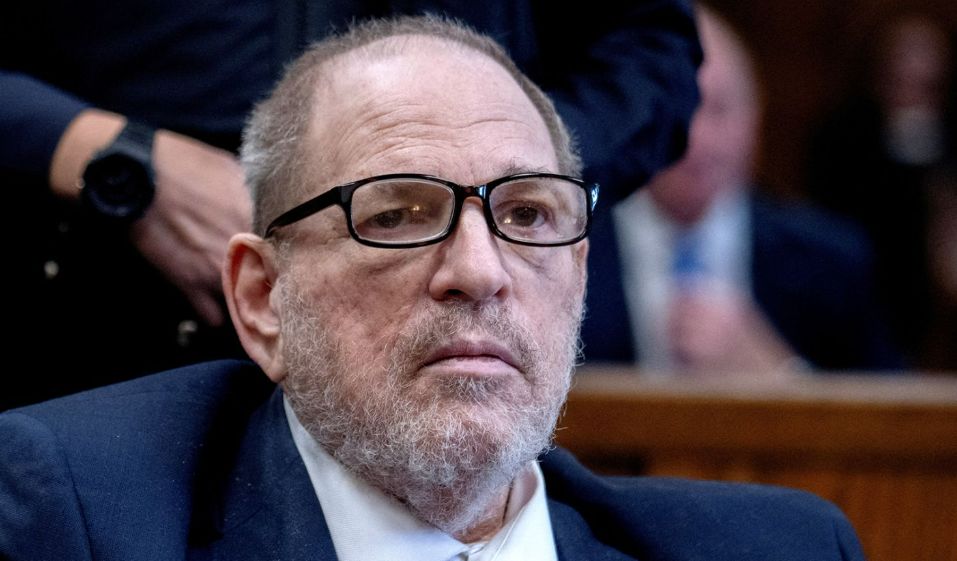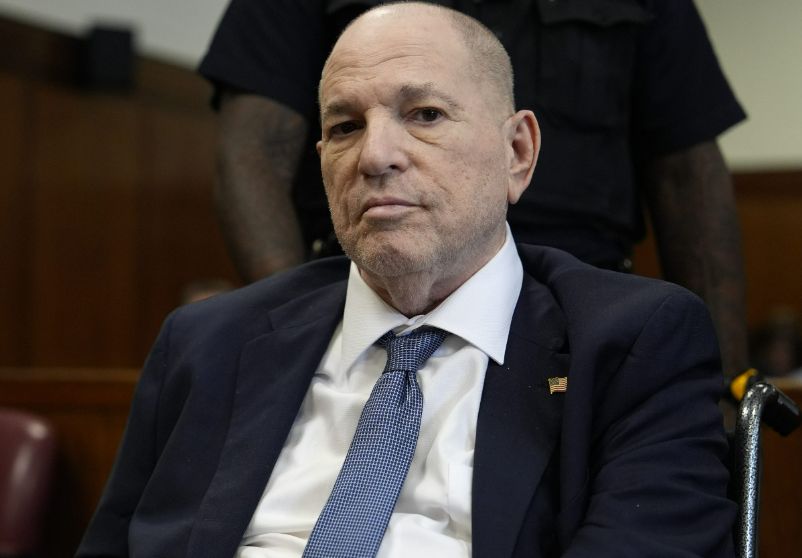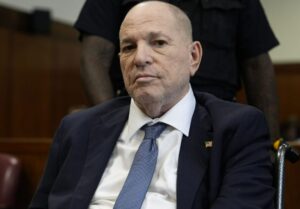Harvey Weinstein’s Last Stand: D.A. Fights to Protect Rape Verdict from Juror Misconduct Claims
The legal saga of Harvey Weinstein took another dramatic turn as the office of Manhattan District Attorney Alvin Bragg delivered a forceful rejection of the disgraced producer’s attempt to dismantle his recent rape retrial conviction. In a comprehensive legal filing, prosecutors argued that Weinstein’s claims of a coerced and intimidated jury are without merit and urged the court to deny his motion without a hearing, setting the stage for a critical ruling on the integrity of the verdict.
The battle centers on Weinstein’s motion to set aside the guilty verdict from his tumultuous June retrial. His legal team alleges that the trial was fundamentally flawed due to a hostile environment during jury deliberations, where several jurors were allegedly pressured and verbally attacked into changing their votes. The defense argues that this atmosphere of coercion undermines the constitutional guarantee of a fair trial and warrants a full evidentiary hearing.
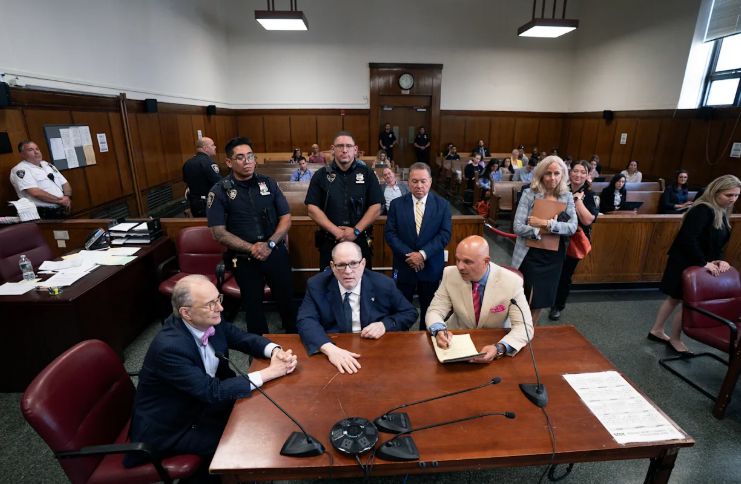
However, in a meticulously detailed 62-page opposition filed late Tuesday, Bragg’s team fired back, portraying Weinstein’s motion as a belated and baseless attack on a sound verdict. Prosecutors contend that Judge Curtis Farber responded appropriately to juror complaints of “sporadic tension” during the trial and that allowing post-verdict testimony to challenge the outcome would set a dangerous precedent.
“The Court responded appropriately during trial to the two jurors’ intermittent complaints,” wrote Assistant DA Matthew Colangelo. “The guilty verdict cannot be impeached with post-trial juror testimony. The motion should be denied without a hearing.” This legal firewall is crucial, as the American justice system has historically been reluctant to peer behind the curtain of jury deliberations, fearing it could destabilize the finality of verdicts.
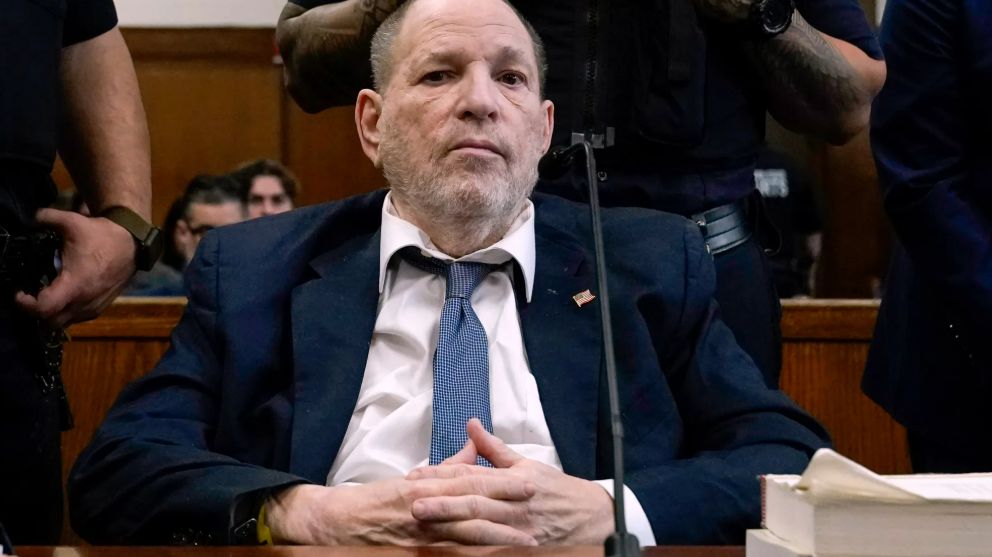
The motion is the latest chapter in a protracted legal war. On June 11, after a week of openly fractious deliberations, a New York jury delivered a mixed verdict for Harvey Weinstein. They found him guilty of a first-degree criminal sexual act against Miriam Haley but not guilty of a similar charge involving Kaja Sokola. The jury was so deeply divided on a third-degree rape charge involving accuser Jessica Mann that the judge was forced to declare a mistrial on that count. The foreman even appeared in open court to report on the tensions, a rare and dramatic development that foreshadowed the defense’s current claims.
Despite the mixed outcome, the guilty verdict on the most serious charge ensures Weinstein, 73, will not be a free man. He remains incarcerated, serving a separate sentence from a 2022 Los Angeles sex crimes conviction. This New York retrial was necessitated after an appeals court shockingly overturned his landmark 2020 conviction in April 2024, citing judicial errors.
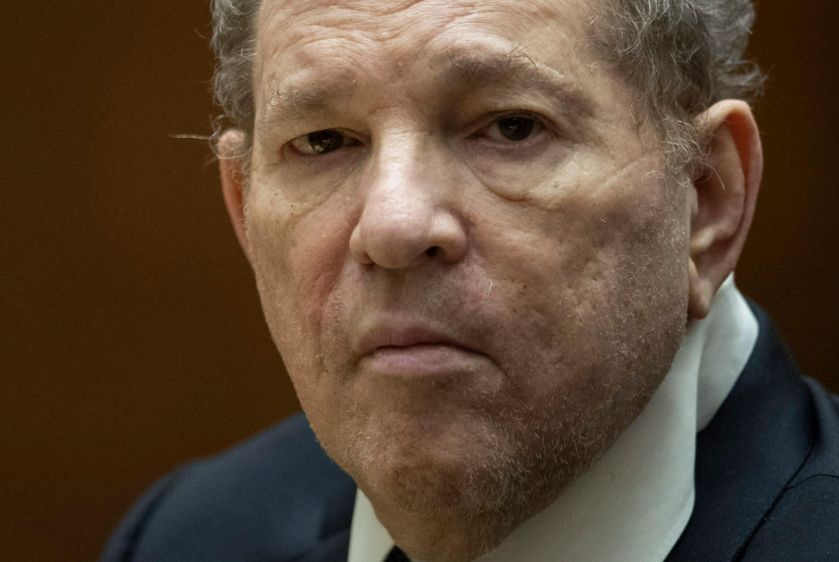
Weinstein’s spokesperson, Juda Engelmayer, framed the issue as one of fundamental fairness. “This isn’t about second-guessing deliberations; it’s about the integrity of the process itself,” he said. “When fear and frustration replace open deliberation, the rule of law is undermined. The affidavits from jurors describing the atmosphere of hostility and fear deserve to be taken seriously, not dismissed on a technicality.”
Now, the decision rests with Judge Curtis Farber, who has promised a ruling by December 22. His decision will not only determine the fate of this specific conviction but will also send a powerful message about how the courts handle allegations of misconduct within the sanctity of the jury room. Meanwhile, the D.A.’s office has indicated it still intends to retry Weinstein on the deadlocked Jessica Mann charges, ensuring this legal drama is far from over.


